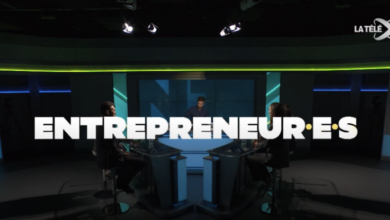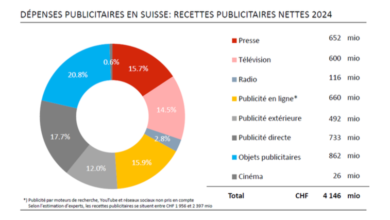When Tweedledum and Tweedledee Agreed To Tweet A Battle…
 Alice in Wonderland was the first book I ever read, and throughout my childhood it comforted me against the absurdities of the world. The main absurdity of all was the Soviet Union, a universe of subtle lies transparent even to the eyes of a twelve year old. At the age when everything appears exactly as it is, albeit a lot bigger, how else do you vote in an election with only one candidate, respect some obviously senile man as he rambles on TV about his illustrious leadership, or take seriously a teacher as she extols the virtues of the economic regime, while you queue for hours to buy a piece of meat and know you will never be as popular as the girl in your class whose dad brings her Levi’s from the West?
Alice in Wonderland was the first book I ever read, and throughout my childhood it comforted me against the absurdities of the world. The main absurdity of all was the Soviet Union, a universe of subtle lies transparent even to the eyes of a twelve year old. At the age when everything appears exactly as it is, albeit a lot bigger, how else do you vote in an election with only one candidate, respect some obviously senile man as he rambles on TV about his illustrious leadership, or take seriously a teacher as she extols the virtues of the economic regime, while you queue for hours to buy a piece of meat and know you will never be as popular as the girl in your class whose dad brings her Levi’s from the West?
I haven’t thought of those days in ages, yet the recent wave of 2.0 revolutions in the Arab world has brought some uneasy memories back. Lenin was right after all: first step in a revolution is to take control of the communication tools. While TV was a key player in bringing down the Iron Curtain, Web 2.0 became a catalyst for the new wave of uprisings. For someone who is not a fan of social media, it is quite hard today to remain on an intellectual high horse, and continue claiming that Twitter and Facebook are muddy waters of narcissist blabber and commercial opportunism – not when Tunisian government fights the activists by hacking their Facebook accounts, or the US State Department asks Twitter to suspend a routine maintenance, so that dissidents can continue posting their messages.
Moved by the sight of regimes falling one after the other, I have considered giving social media another chance and actually doing something about my “0 tweet” account. Then I stumbled upon an article by one of Twitter’s executives entitled “Economics of dissent: How Twitter and Facebook tipped the revolutionary equation”. The story is punctuated by obscure graphs aiming to find a “tipping point” of a revolution, and not surprisingly arriving at a conclusion that social media, led by Twitter, lowers the perceived “cost of dissent” making it easier for people to revolt. The self-congratulatory nature of this post made me want to dissent again, against the pompousness of Western digirati who will take credit for a revolution but not for the chaos that will follow it.
In October 2010, the father of the “tipping point” concept, Malcolm Gladwell, wrote in the New Yorker of a “crucial distinction between traditional activism and its online variant: social media are not about …a hierarchical organization. Facebook and the like are tools for building networks, which are the opposite, in structure and character, of hierarchies”. “ Further on”, he concluded, “if you’re taking on a powerful and organized establishment you have to be a hierarchy.” Since the domino-effect of revolutions in the spring of 2011, Gladwell has come under a lot of fire for his seeming underestimation of social media’s power. Yet as someone who has lived through a political change, I find more truth in his reflection than in Twitter’s self-serving graphs.
The fact is, people revolt when they realize they deserve better. Freedom and patriotism, I am afraid, are only a small part of the motivation behind social unrest. Most people just want a better life—and no revolution can guarantee that. The ever accessible Internet that told Arab activists of the freedom of press and democracy will continue reminding them of the economic gap between their life and that in the West. Without a clear plan, which can only come from a hierarchy of an organized movement, the future of the 2.0 revolts remains uncertain. Rhetorical democracy – like Twitter – is an uncertain tool in the hands of the few who can manipulate public opinion, and play on the feelings that poverty and pain provoke.
So while Twitter congratulates itself and adds a revolution chapter to its future IPO valuation charts , I hope they will use some of the profits to help the countries they have “liberated”. Until then, I will continue watching them through the “looking glass”, for all that tweeting makes me think of Tweedledum and Tweedledee.





